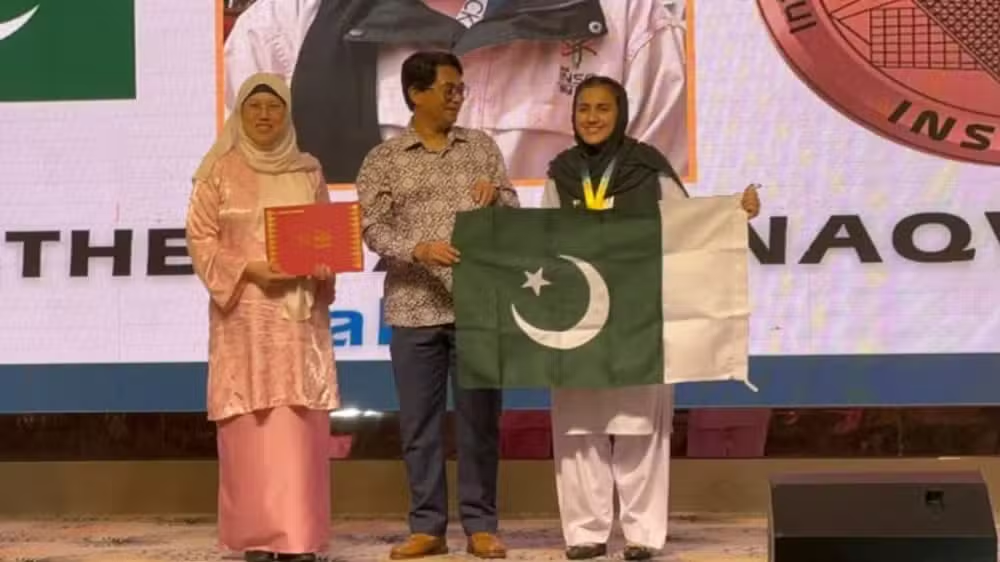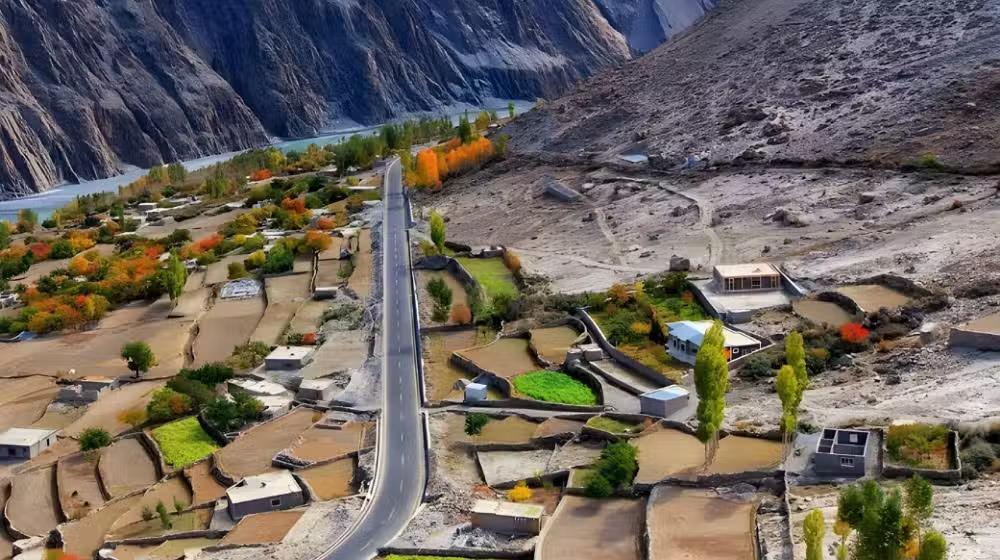Pakistan Wins Big at International Nuclear Science Olympiad 2025

Pakistan Wins Big at International Nuclear Science Olympiad 2025
In a proud moment for the nation, Pakistani students wins big international nuclear science olympiad have brought home one gold, one silver, and two bronze medals at the 2nd International Nuclear Science Olympiad (INSO), held in Malaysia from July 30 to August 5, 2025. This outstanding achievement has placed Pakistan firmly on the map as a rising force in nuclear science education.1
A Shining Moment for Pakistan on the Global Stage
INSO-2025, a prestigious event organized under the umbrella of the International Atomic Energy Agency (IAEA), brought together bright young minds from 19 countries including China, Japan, Saudi Arabia, Singapore, Turkey, and Qatar.
Despite the tough competition, the Pakistani team stood out for their brilliant performance, winning medals in all categories. Their success is a testament to the quality of science education and training being fostered within the country.
Meet the Medal-Winning Pakistani Team
The team, carefully selected and trained by the Pakistan Institute of Engineering and Applied Sciences (PIEAS), consisted of the following young talents:
-
🥇 Muhammad Tayyab Bukhari, Beaconhouse School, Abbottabad – Gold Medal
-
🥈 Ammar Asad Warraich, Siddique Public School, Islamabad – Silver Medal
-
🥉 Rawah Javed, Siddique Public School, Islamabad – Bronze Medal
-
🥉 Tatheer Aima Naqvi, Chenab College, Jhang – Bronze Medal
These students were guided by respected mentors Dr. Sajjad Tahir (PIEAS) and Dr. Muhammad Maqsood (Directorate of Education, PAEC), whose commitment to nurturing scientific talent played a pivotal role in this achievement.
Pakistan’s Growing Role in Nuclear Science
This victory goes beyond medals it reflects Pakistan’s evolving role in global nuclear science and technology education. Through institutions like PAEC and PIEAS, Pakistan continues to empower its youth in areas like nuclear medicine, industry applications, agriculture, and scientific research.
PAEC’s continuous investment in education and talent development ensures that Pakistan keeps producing skilled scientists who can represent the country on international platforms.
How the Students Were Selected
This success didn’t happen overnight. It was the result of a rigorous national selection process led by PIEAS and the Pakistan Atomic Energy Commission (PAEC). Hundreds of students from schools across Pakistan competed for a place on the final team, showcasing their skills in nuclear physics, problem-solving, and applied science.
Only the best made it through—those who not only excelled academically but also demonstrated a deep interest and aptitude for nuclear science.
Why This Achievement Matters
Pakistan’s gold medal win is particularly significant because INSO is not just an academic contest. It’s a platform that introduces students to the peaceful uses of nuclear technology, encouraging future generations to pursue careers in science and technology that benefit humanity.
This achievement reflects the importance of government-backed educational institutions like PIEAS, which continue to lead in providing world-class training and education to young scientists.
Encouragement for Future Scientists
With this win, Pakistani students have proven they can compete and win at the highest levels. The victory is not just for the medalists but for all aspiring scientists across the country. It sends a powerful message: with the right mentorship, resources, and determination, Pakistani youth can achieve global recognition in the sciences.
Looking Ahead
Following this success, PIEAS and PAEC plan to expand training programs, introduce more Olympiad preparation initiatives, and increase international collaboration. These efforts will ensure that more students have the opportunity to represent Pakistan on the world stage in the years to come.
The nation owes its gratitude to the educators, institutions, and families who have made this historic win possible.in proud moments of pakistan to win 2nd international nuclear science olympics award.This success didn’t happen overnight.



